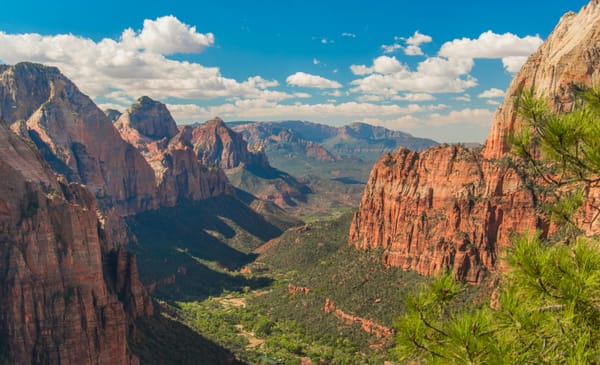Wednesday☕️

Trending:
- On September 9, 2025, escalating anti-government protests in Nepal resulted in the destruction by fire of Singha Durbar, the historic administrative complex in Kathmandu housing government offices and parliament, while Prime Minister KP Sharma Oli's residence was also set ablaze by demonstrators. The unrest, initially triggered by a social media ban imposed on September 4 and lifted on September 9, led to at least 19 deaths and over 100 injuries as protesters clashed with security forces, defying curfews and looting political offices. Oli, co-chair of the ruling Communist Party, resigned amid the turmoil, with several ministers following suit, while demonstrators targeted and reportedly expelled some communist leaders from their homes or positions.
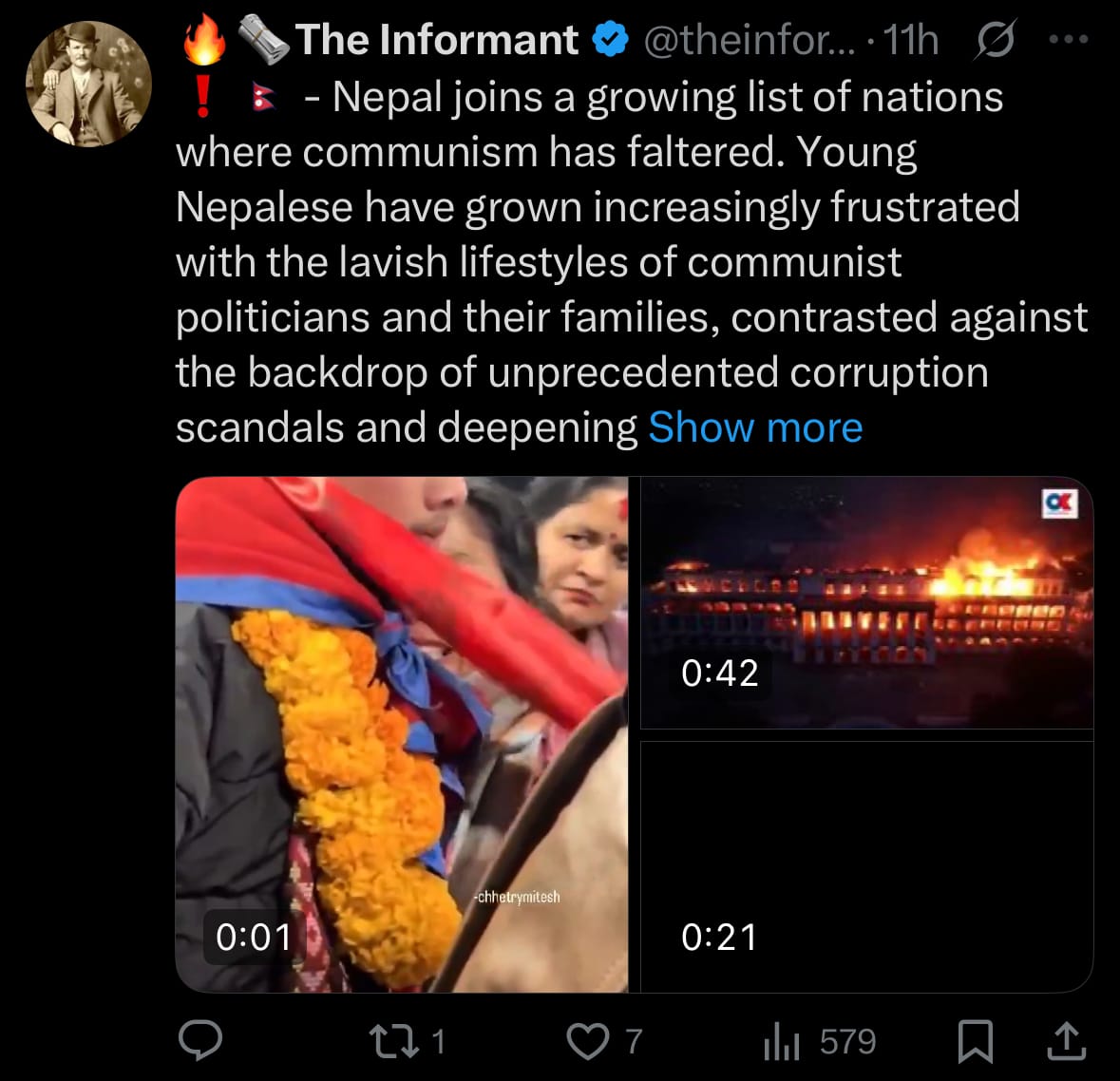
- The protests reflect deepening frustrations among young Nepalese, especially Generation Z, over communist politicians' lavish lifestyles, corruption scandals, nepotism, and widespread poverty, amplified by outrage on social media platforms. Nepal adds to a list of nations where communist governance has faced significant backlash due to economic stagnation and perceived authoritarianism. This incident highlights a broader global trend of governments restricting social media to control information flow, while platforms' algorithms create filter bubbles that reinforce specific narratives.
Economics & Markets:
- Yesterday’s U.S. stock market:
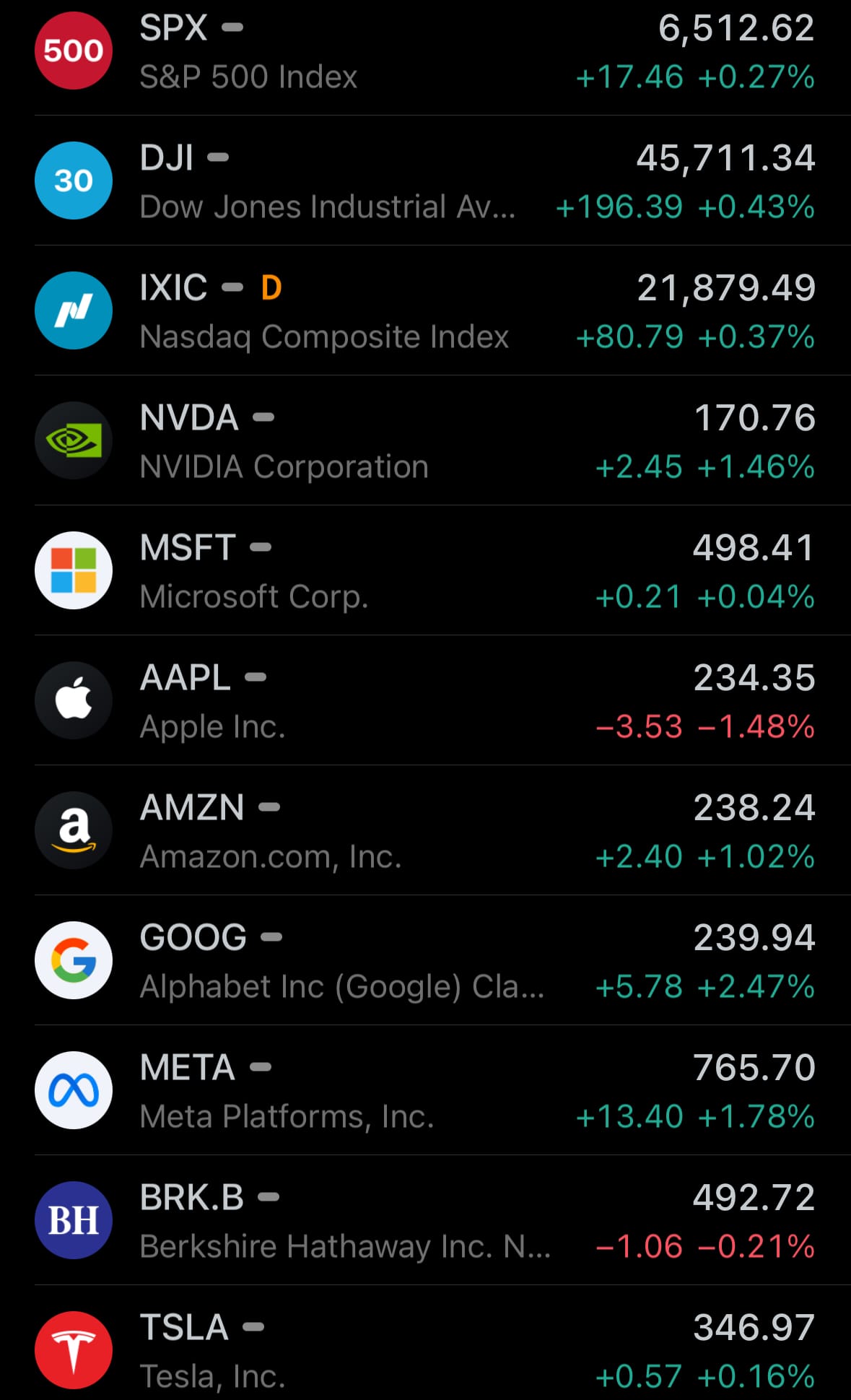
- Today’s commodity market:
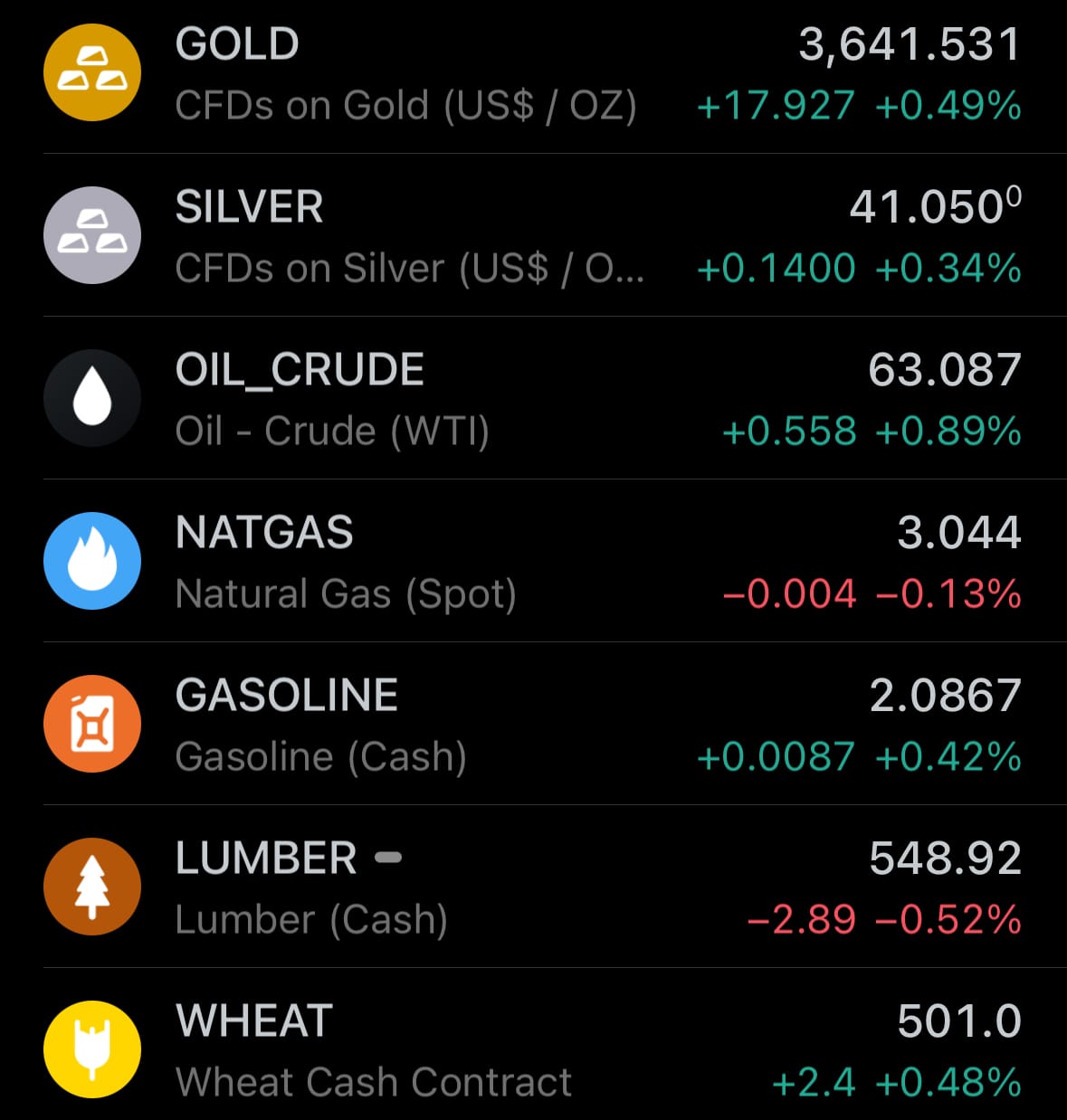
- Today’s crypto market:

Geopolitics & Military Activity:
- On September 9, 2025, Israel carried out an airstrike in Doha, Qatar's Leqtaifiya district, targeting senior Hamas officials, in what was the first reported Israeli military operation on Qatari territory. The strike resulted in at least six fatalities, including the son of Hamas negotiator Khalil al-Hayya, three bodyguards, two other Hamas members, and one Qatari security personnel. Conducted by more than 10 Israeli fighter jets amid U.S.-supported ceasefire talks for Gaza, the operation focused on individuals such as al-Hayya, Khaled Meshaal, Zaher Jabarin, and Muhammad Darwish, though Hamas stated that the primary targets were unharmed.
- Qatar denounced the action as a breach of its sovereignty and international norms, halting its mediation in Gaza negotiations. International responses included U.S. President Donald Trump's criticism over the absence of advance notice, condemnations from the UN, EU, France, Saudi Arabia, UAE, and Iran, and concerns about possible wider regional conflict. The event illustrates larger issues in geopolitics, such as the extension of conflicts into new areas and effects on diplomatic initiatives for hostages and ceasefires.
Environment & Weather:
- On September 10, 2025, heavy rainfall in Denpasar, Bali, Indonesia, caused the Tukad Badung river to overflow, resulting in severe flooding at Kumbasari Market where water levels reached the second floor, inundating traders' stalls, basements, and nearby residences in multiple blocks. The incident led to the total closure of market activities, affecting hundreds of vendors with damages to goods and structures, including collapsed textile shops due to a broken retaining wall that allowed water and debris to surge in. Local authorities reported no immediate casualties, but Governor Wayan Koster personally inspected the site, promising rapid response with emergency funds to assist victims and repair infrastructure, while cleanup efforts began amid paralyzed traffic in several city points.
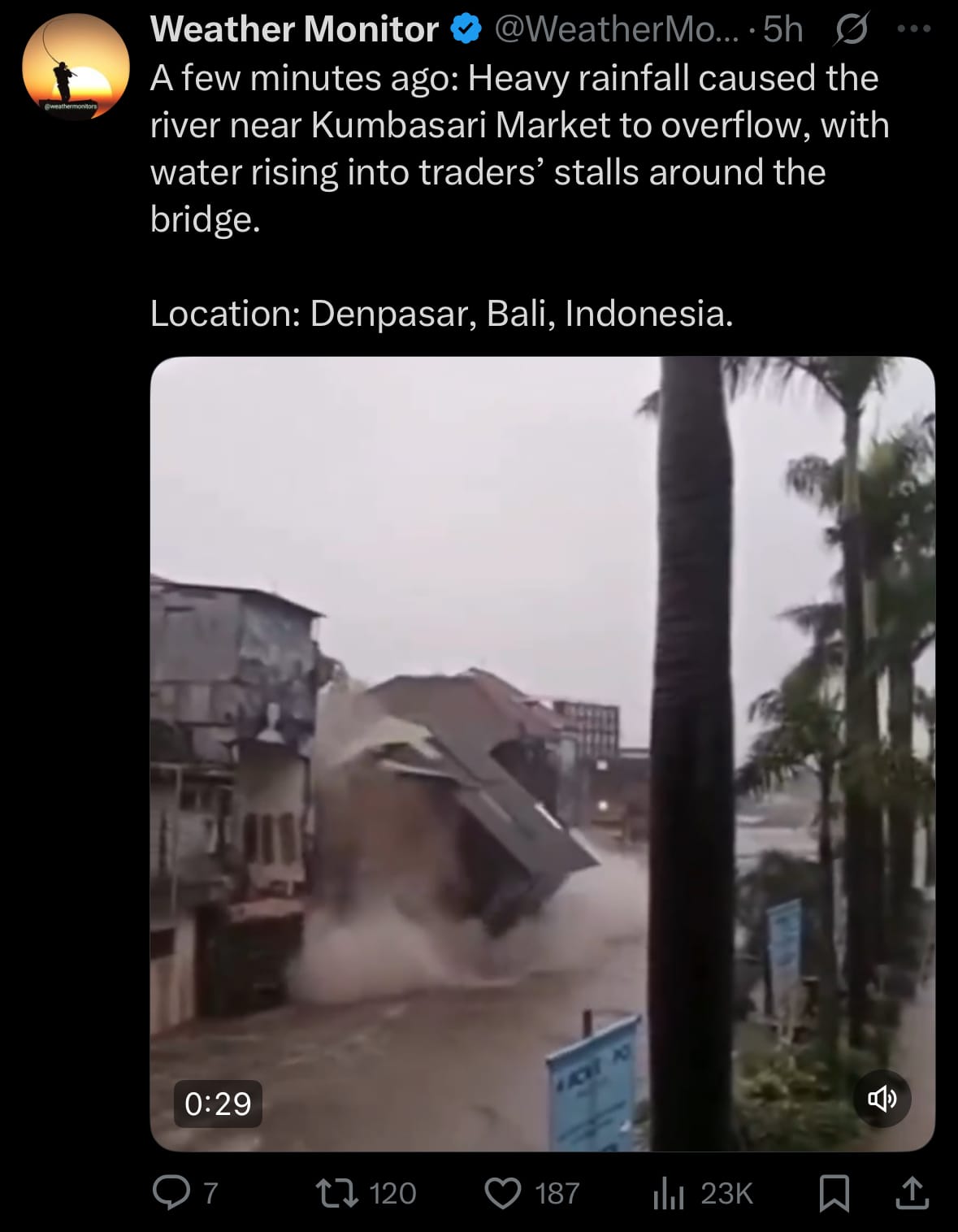
- Kumbasari Market, located in central Denpasar and formerly known as Peken Payuk, is a historic traditional market specializing in art, textiles, and local goods, serving as a key economic and cultural hub in Bali's capital city. This flooding event aligns with broader weather patterns in Indonesia, where the Meteorology, Climatology, and Geophysics Agency (BMKG) has warned of unusual heavy rains persisting through September during the typical dry season, attributed to climatic anomalies like La Niña, increasing vulnerability to such disasters in low-lying urban areas.
Cyber:
- On September 9, 2025, the U.S. Department of State announced rewards of up to $11 million through the Transnational Organized Crime Rewards Program for information leading to the arrests or convictions of Ukrainian national Volodymyr Viktorovych Tymoshchuk and other individuals linked to the Nefilim, LockerGoga, and MegaCortex ransomware variants. Up to $10 million is offered specifically for Tymoshchuk, who is accused of acting as an administrator in these ransomware operations from December 2018 to October 2021, affecting hundreds of victims across countries including the U.S., France, Germany, the Netherlands, Norway, and Switzerland, with substantial financial impacts from extortion and recovery efforts. The initiative, coordinated with the Department of Justice, FBI, Europol, and other international entities, aligned with the unsealing of a superseding indictment in the Eastern District of New York, charging Tymoshchuk with seven counts such as conspiracy to commit computer fraud, damage to protected computers, and threats to disclose confidential information.
- Volodymyr Viktorovych Tymoshchuk, born October 2, 1996, and using aliases like “deadforz,” “Boba,” “msfv,” and “farnetwork,” is alleged to have supplied ransomware tools to affiliates via a ransomware-as-a-service model, sharing profits from attacks that encrypted systems and demanded payments. This development reflects ongoing U.S. efforts to combat transnational cybercrime, highlighting the continued risks posed by ransomware to global systems and economies, and the importance of cross-border cooperation through programs like reward incentives.
Statistic:
- Largest public chemical companies by market capitalization:
- 🇬🇧 Linde: $222.00B
- 🇫🇷 Air Liquide: $119.47B
- 🇦🇺 Wesfarmers: $69.41B
- 🇺🇸 Air Products and Chemicals: $63.90B
- 🇯🇵 Shin-Etsu Chemical: $55.87B
- 🇩🇪 Merck KGaA: $55.67B
- 🇺🇸 Corteva: $49.23B
- 🇸🇦 SABIC: $47.33B
- 🇩🇪 BASF: $45.45B
- 🇨🇭 Sika: $37.34B
- 🇩🇪 Henkel: $34.84B
- 🇩🇪 Bayer: $32.46B
- 🇺🇸 Dupont De Nemours: $32.13B
- 🇨🇳 Wanhua Chemical: $29.67B
- 🇺🇸 PPG Industries: $24.68B
- 🇦🇪 Borouge: $21.11B
- 🇶🇦 Industries Qatar: $21.05B
- 🇨🇭 Ems-Chemie: $17.97B
- 🇺🇸 LyondellBasell: $17.49B
- 🇺🇸 Dow: $17.11B
- 🇯🇵 Nippon Sanso: $16.58B
- 🇰🇷 LG Chem: $15.39B
- 🇮🇩 Barito Pacific: $12.71B
- 🇨🇱 Sociedad Química y Minera: $12.51B
- 🇳🇱 AkzoNobel: $12.38B
History:
- Music’s history stretches back to prehistoric times, when early humans used flutes, drums, and chants in rituals and storytelling (before 3000 BC). Ancient civilizations such as Greece and Rome (500 BC–500 AD) explored music’s relationship to mathematics and harmony, while the Middle Ages (500–1400 AD) saw the rise of Gregorian chant and the development of notation, which allowed compositions to be preserved. During the Renaissance (1400–1600 AD), polyphonic styles flourished with composers like Josquin des Prez, and the Baroque era (1600–1750 AD) introduced dramatic forms such as opera and intricate works by figures like Johann Sebastian Bach and George Frideric Handel. By the Classical period (1750–1820 AD), music emphasized balance and clarity, with Joseph Haydn and Wolfgang Amadeus Mozart shaping symphonies, concertos, and operas, while Ludwig van Beethoven expanded the boundaries of musical expression and laid the groundwork for Romantic ideals.
- The Romantic era (1820–1900 AD) celebrated emotional depth, individuality, and nationalism, with composers such as Franz Schubert, Johannes Brahms, Pyotr Tchaikovsky, and Richard Wagner weaving powerful stories through sound. As the 20th century (1900–2000 AD) unfolded, new movements like impressionism, modernism, and atonality emerged through Claude Debussy, Igor Stravinsky, and Arnold Schoenberg, while technological advances gave rise to jazz, blues, rock, and pop. These styles transformed music into a global cultural force, shaping identities and movements while reflecting social change. By the modern era (2000–present), music had become a universal language, spanning classical traditions, popular genres, and digital innovations, connecting people across history and geography.
Image of the day:

Thanks for reading!
Earth is complicated, we make it simple.
Monitor the planet with the Earth Intelligence System. Click the image below to view the Earth Intelligence System:
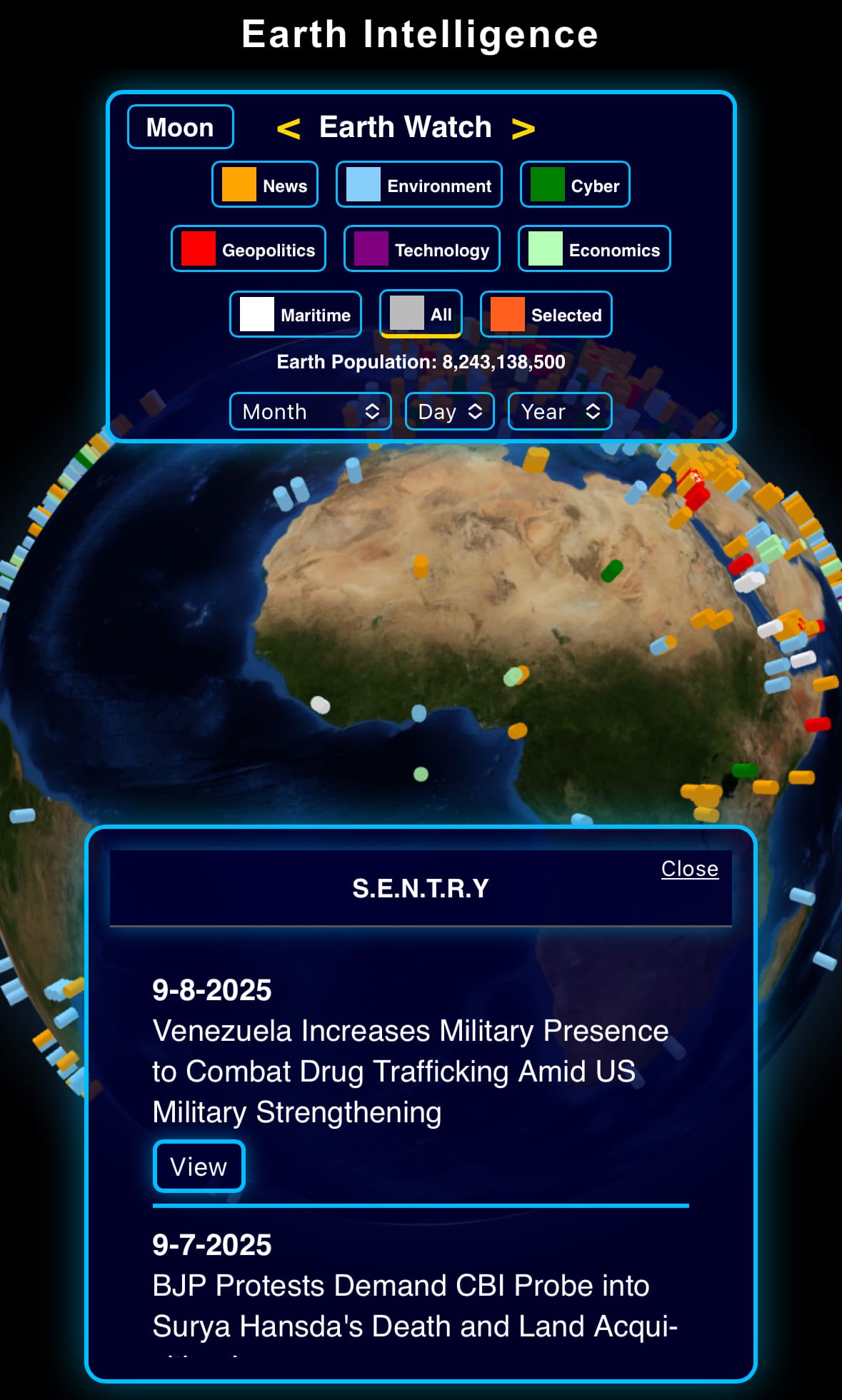


Support/Suggestions Email:
earthintelligence@earthintel.news



